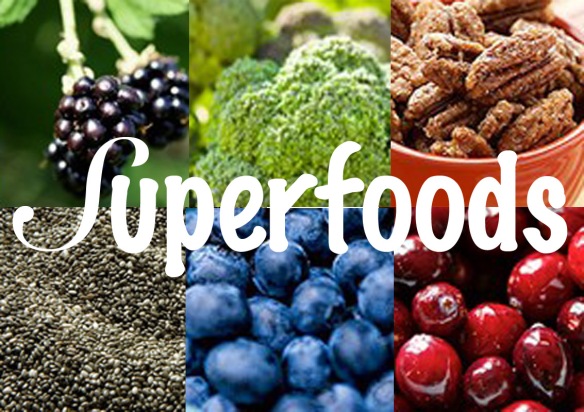As a trainer, I get asked to recommend/represent supplements a lot. Like, a LOT lot. Like, every other day I am fending off an email about somebody’s “miracle” shake, pill, powder, or juice. And across the board, I just hit “delete.” Why? It’s simple.
Nothing – and I mean nothing – replaces the nutrition and health benefits of real food.
Write that down, commit it to memory, and shout it from the rooftops. Human beings survived millions of years without downing a single vitamin – and what we’ve lost in hunting prowess over that time, we’ve gained in convenience, access, and choice. Middle and upper-class folks (this is not my platform to talk about the abhorrent limitations of many lower-income and working-class people when it comes to finding equitable sources of healthy food) have an entire universe of nutrition at their disposal – and yet many of them would rather spend their hard-earned bucks on a bottle of pills than a bunch of kale.

So why am I so hell-bent on getting my clients away from supplements?
First of all, check your pocketbook. Supplements are expensive – and they require at least some level of commitment (order, reorder, store, portion, etc.). You can walk into any supermarket, and without much effort, pick up a fruit, vegetable, or protein product that provides the same function as most common supplements for much less money – and much greater satisfaction (I don’t know about you, but I’d rather chew on some tasty berries than force fake-orange-flavored powder down my throat). Here are some ideas:
Taking a fiber powder? Try an apple (skin-on, 10g per fruit).
Trying to get protein out of a powder? Eat a couple of eggs instead (6g each).
Downing your Vitamin D in a pill? Chow down on some salmon instead (450 IUs for 3 ounces).
Doing the antioxidant thing? Feed your chocolate addiction for a tastier option (21,000 ORAC for 1 ounce, 70% chocolate or more).

Second of all, listen to your body. I used to take an energy supplement that basically destroyed my GI tract and made me feel gassy, bloated, and uncomfortable all day – come to find out that it had a fake-sugar ingredient (sorbitol, which can’t be naturally digested) that was making me feel that way. Solution? I switched out my “energy supplement” to a good old-fashioned cup of coffee – no side effects, tons of proven health benefits, and again – cheap.
Third, consider your real reasons for supplementing. Are you deficient in a certain vitamin (common: Vitamin D, iron, calcium) and trying to figure out a way to get it fast? Are you trying anything to lose weight (be honest)? Have you “bought on” to a quick-fix trend (sorry to name names, but Shakeology and Herbalife both come to mind) “guaranteed” to bring you to better health?
Bad news, fam – the single healthy solution to nutritional deficiencies, weight control, and overall wellness is a clean, balanced diet and regular exercise (womp womp, I know).

But are there exceptions? Sure, but they’re fairly extreme. Here are a few cases in which nutritional supplementation may be necessary:
- you are a citizen of a developing country where access to food is limited or unavailable and you need high-calorie, high-protein food that can be delivered cheaply and without refrigeration
- you have been prescribed a high-quality supplement by a doctor to treat a specific medical condition (for example, glucosamine for joint pain)
- you are a high-performing or endurance-focused vegan athlete struggling to meet your protein needs with animal-free sources (try hemp!)
- you do not have daily access to natural sunlight (the case for Vitamin D)
- you are a competitive bodybuilder intending to develop massive hypertrophy throughout the body and maintain an extremely high muscle mass with extremely low body fat (here’s an idea of what that would look like)
By now I think you grasp the fact that in my professional opinion, the most powerful “supplement” you can take is a visit to a Registered Dietitian to get your diet in check, figure out what you should be eating for your health status and lifestyle, and learn how to swap out the pills and instead integrate nutritionally dense foods into your daily life.
Are you a pill popper or a food fanatic? What are your favorite “superfoods” to eat?

I take a few supplements, daily multivitamin, fish oil, magnesium, baby aspirin, vitamin D, but also try to eat healthy organics regularly. My superfoods are spinach, tomatoes and tomato sauce, blueberries, dried fruits and nuts in my oatmeal most mornings, avocados, and the occasional piece of dark chocolate– >70% cocoa.
Chris
LikeLike
And I should’ve commented – as you age, supplementation CAN become more useful, especially in the “wild North” where you don’t get as much sunlight as us tropical folks! Love your superfoods – they’re ringers for sure. 🙂
LikeLike